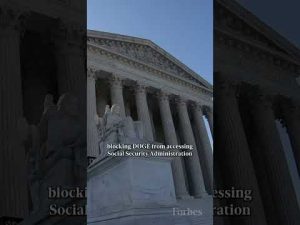In the heated debate over school safety, one cannot ignore the profound impact of beliefs and actions, or lack thereof, taken by those responsible for our children’s safety. It’s apparent that whenever a tragic incident occurs, the conversation swings widely from practical solutions to philosophical musings. The issue of school shootings, often sensationalized by media voices, requires a grounded, pragmatic approach, alongside the notion that prayer and reflection hold their place in this complex issue.
Critics often dismiss the role of thoughts and prayers, labeling them ineffective without considering their nuance. These gestures, to the spiritually inclined, serve as a protective force, grounding individuals in hope during uncertain times. They posit that prayers could indeed play a role in forestalling potential tragedies, acting as a buffer of divine intervention, though this is often overlooked by critics more inclined toward tangible solutions alone.
The urgency lies in pinpointing immediate, actionable steps to protect students. However, research indicates that arming schools with police officers and security personnel does not effectively deter shooters or reduce casualties. Such measures may also harm the school climate and undermine student trust. Instead, strategies that focus on building supportive school communities—such as increasing access to mental health resources, adopting social and emotional learning practices, and fostering strong relationships—have been found to significantly reduce school violence and improve school climates.
To truly tackle this issue head-on, a dual approach is necessary. While some argue for stricter gun control, focusing on strengthening school communities can provide a more effective measure. Embracing programs that improve mental health support and build strong relationships within schools not only ensures a safer environment but also supports student well-being.
It’s critical to balance faith with action, recognizing that while divine intervention can offer comfort and hope, active measures designed to safeguard lives are indispensable. Those who demean the power of prayer fail to grasp the strength it provides to many, fortifying them to act decisively. Embracing a comprehensive strategy, acknowledging both the spiritual and practical dimensions, ensures that the next generation is secure in their learning environments.







